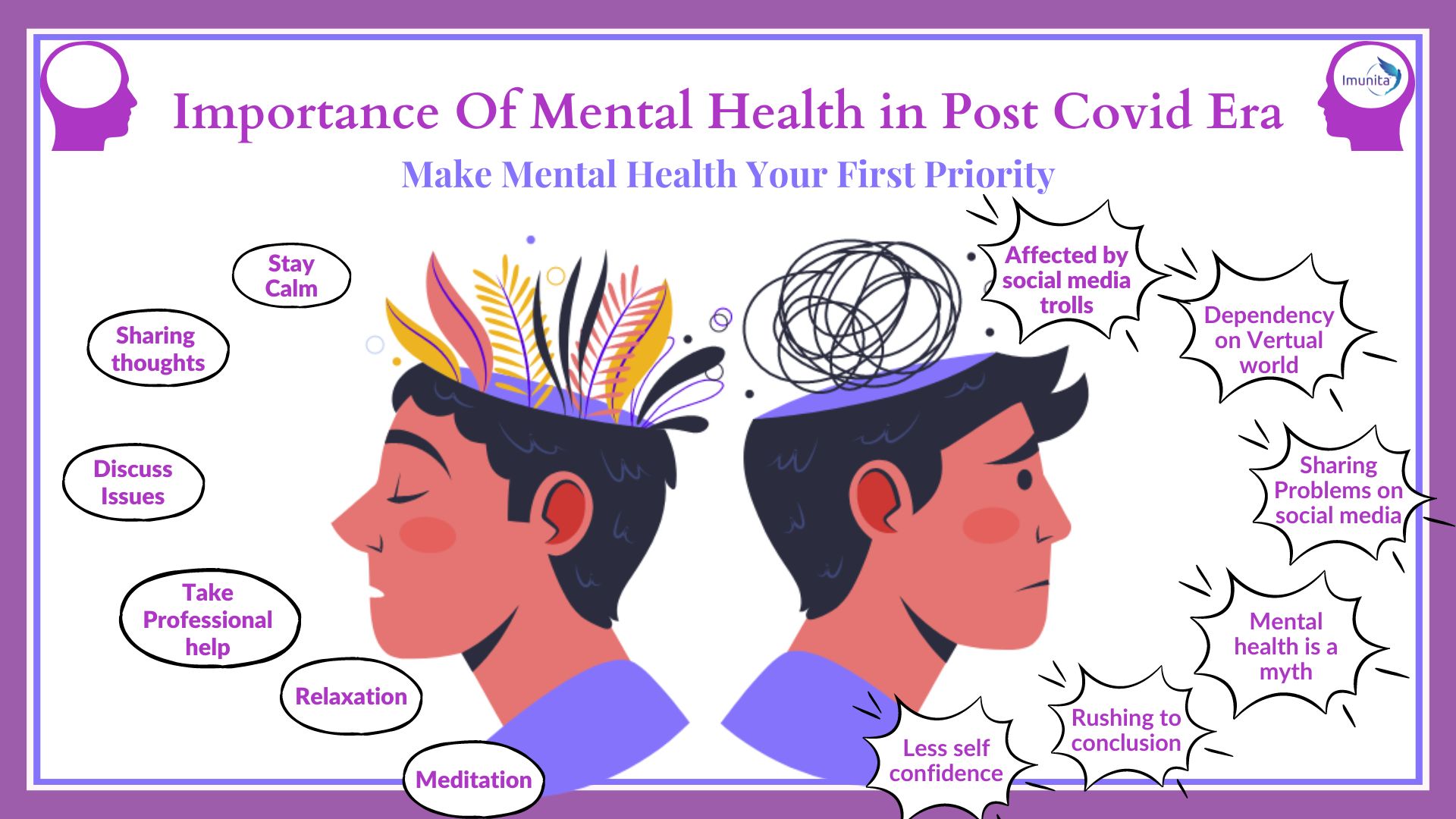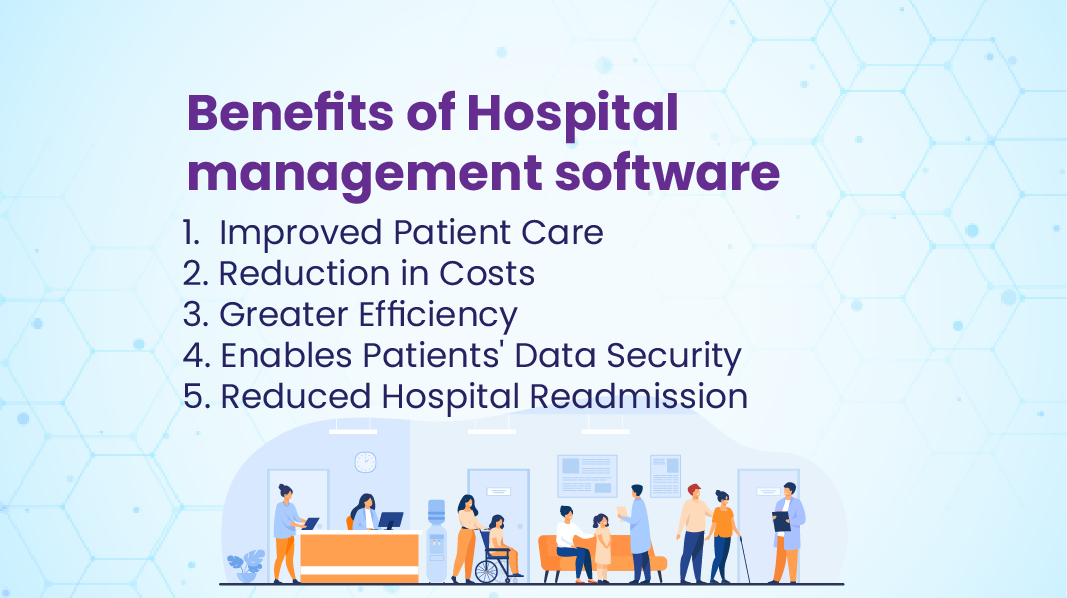Epilepsy is a neurological disorder that affects the brain and can cause seizures. Unfortunately, epilepsy has long been associated with stigma and misunderstanding, often leading to negative stereotypes and discrimination against people living with the condition. Stigma can take many forms, including social exclusion, discrimination, and negative attitudes from others. People with epilepsy may experience stigma in various areas of life, such as education, employment, social relationships, and even healthcare. For example, individuals with epilepsy may face barriers to finding employment due to the perception that they are unreliable or safety risk. They may also be excluded from certain activities or social events due to fear of seizures or the belief that epilepsy is contagious. Additionally, some people may face discrimination in healthcare settings, such as being denied treatment or being treated poorly by medical professionals.
The stigma associated with epilepsy can also have a significant impact on mental health and quality of life for people with the condition. They may feel ashamed or embarrassed about their seizures, leading to social isolation and a reluctance to seek medical care or disclose their condition to others. It's important to raise awareness about epilepsy and to challenge the stereotypes and negative attitudes that contribute to stigma. Education and understanding can help break down barriers and improve the lives of people living with epilepsy. Additionally, it's important to provide support and resources to those affected by epilepsy, including access to medical care and mental health services.
Epilepsy is a common neurological disorder that affects millions of people around the world. Despite its prevalence, many people are still not fully aware of what epilepsy is, what causes it, and how it can be treated. It is a disorder of the brain that causes seizures. Seizures are brief changes in behavior or consciousness that occur because of an electrical disturbance in the brain. There are several different types of seizures, including tonic-clonic seizures, absence seizures, and complex partial seizures. The type of seizure a person experiences and the frequency of seizures can vary depending on the underlying cause of epilepsy.
Although the statistics may vary depending on the region and the population being studied, a similar impact of epilepsy is observed in individuals and communities around the world. Epilepsy is more common in low-income and middle-income countries, where access to diagnosis and treatment is often limited. According to the World Health Organization (WHO), epilepsy is a common neurological disorder that affects around 50 million people worldwide. Approximately 70% of people with epilepsy can achieve seizure control with the use of antiepileptic drugs. Around 30% of people with epilepsy continue to experience seizures despite taking medication. The cost of epilepsy, including medical expenses, lost income, and reduced quality of life, is estimated to be billions of dollars each year.
It is important to note that not everyone with epilepsy will experience the same symptoms. Some people may only have occasional seizures, while others may have frequent seizures that significantly impact their daily life. Some of the symptoms associated with epilepsy are Uncontrolled jerking or shaking movements of the arms, legs, or body (tonic-clonic or grand mal seizures), Staring spells or lapses in consciousness (absence seizures), Temporary confusion or loss of awareness, unusual sensations, such as a strange taste or smell, Unusual feelings, such as fear or deja vu and Temporary muscle weakness or loss of coordination. Raising awareness about epilepsy is important for reducing stigma and improving access to diagnosis and treatment.
Epilepsy can be caused by a variety of factors, including brain injury, genetics, and underlying health conditions. In some cases, the cause of epilepsy may not be known. It is typically treated with medication, although some people may also benefit from surgery or other treatments. In some cases, lifestyle changes, such as getting enough sleep and reducing stress, can also help manage symptoms. People with epilepsy need to work with their doctor to develop a treatment plan that is right for them.
Raising awareness about epilepsy is important for reducing stigma and improving access to diagnosis and treatment. Here are some ways to raise awareness about epilepsy:
- Educate self and others about epilepsy.
- Support epilepsy organizations and advocacy groups
- Wear purple on Purple Day, which is held on March 26th each year to raise awareness about epilepsy.
- Share stories of self or others with epilepsy to help reduce stigma and raise awareness.
Epilepsy is a common neurological disorder that affects millions of people around the world. By raising awareness about epilepsy, we can help reduce stigma, improve access to diagnosis and treatment, and support those affected by the condition. People must seek medical attention and work with their doctor to develop a treatment plan that is right for them.


























